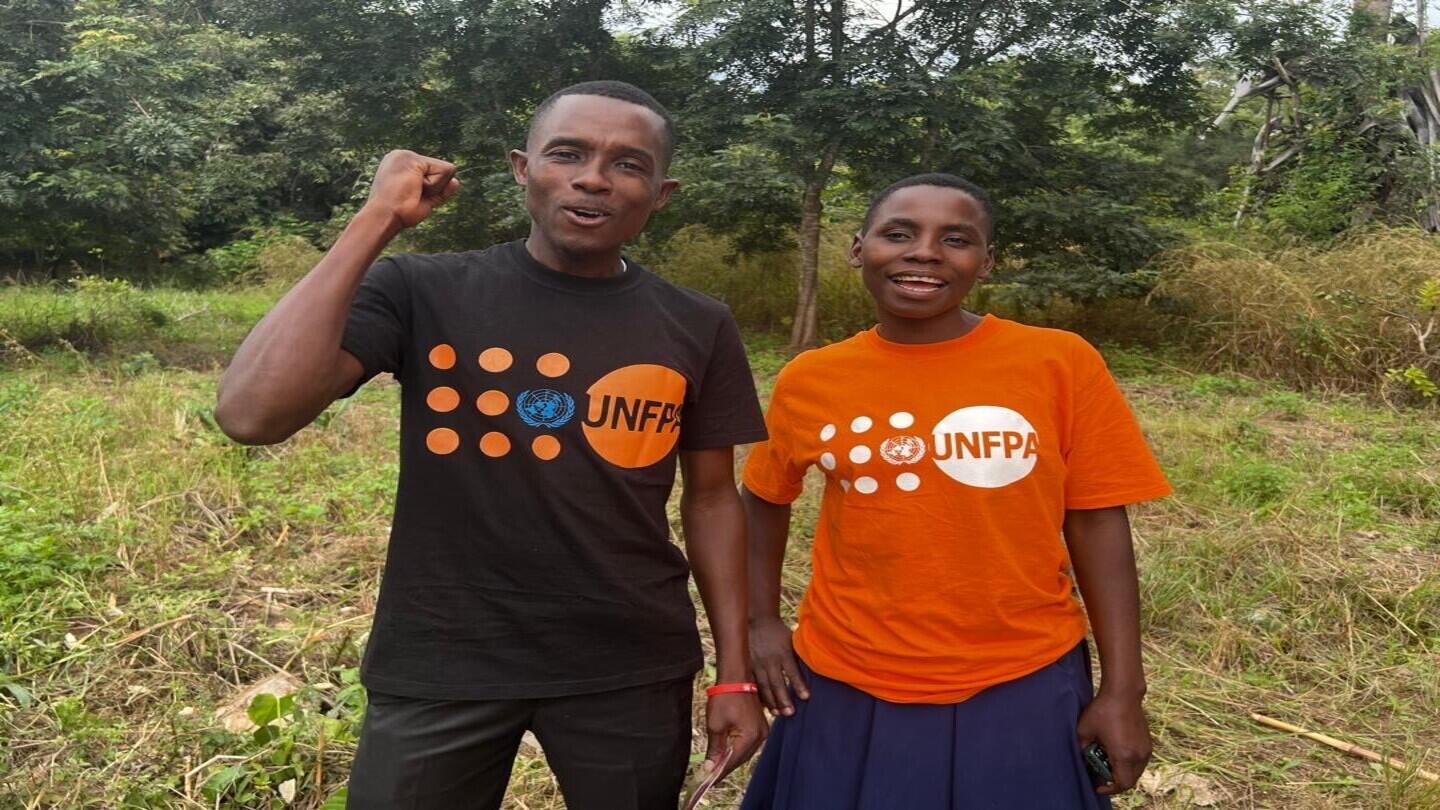“Now We Know Where to Go”
Kigoma, Tanzania | 9 May 2025 – As the morning sun rose over the hills of Kigoma, a quiet revolution unfolded beneath a tree in a small village square. At its heart stood Judith Mhila, 22, a trained peer educator, confidently guiding her peers on how to access life-changing reproductive health services.
“Before, I didn’t know where to go when I needed help,” Judith shared. “Now, I can access SRHR services without fear or shame—and I help my friends do the same.”
Judith’s transformation is a testament to the impact of the 9th UNFPA Country Programme for Tanzania (2022–2027), approved by the UNFPA Executive Board in June 2022. The programme, supported by the Government of Sweden is aligned with Tanzania’s Five-Year Development Plan III, the Zanzibar Development Plan, and the UNFPA Strategic Plan (2022–2025).
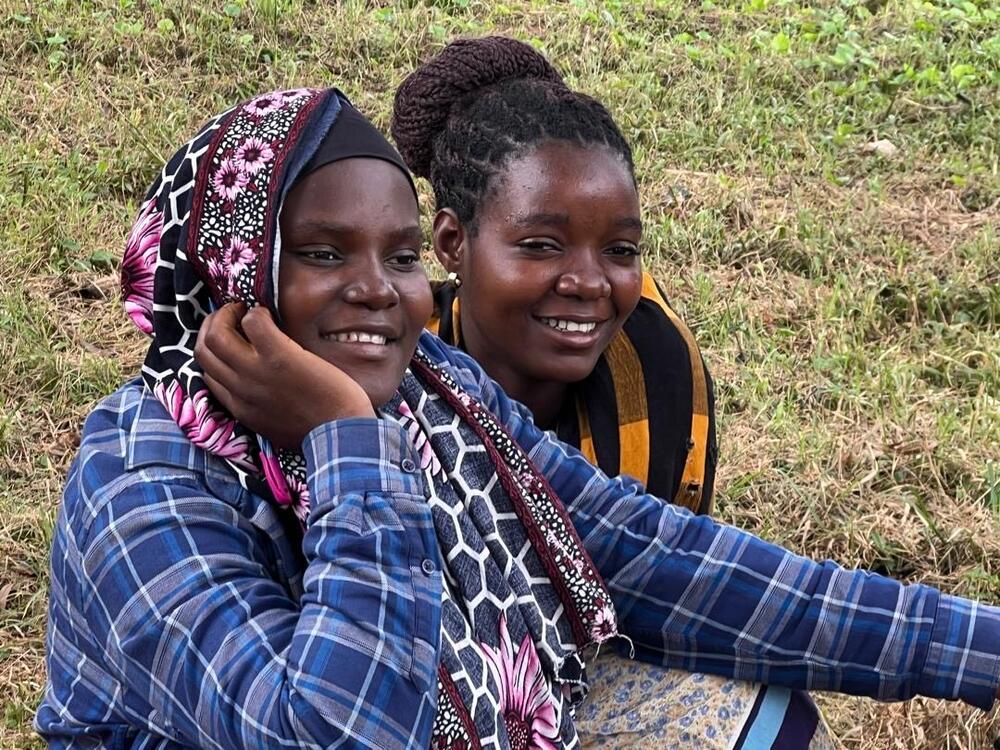
“This Country Programme represents a deepened partnership between UNFPA and the Government of the United Republic of Tanzania to deliver results that transform lives—especially for women and young people. With support from partners like Sweden, we are seeing progress in increasing access to quality sexual and reproductive health services, reducing gender-based violence, and ensuring no one is left behind,” said Mark Bryan Schreiner, UNFPA Representative in Tanzania.
In early May, a joint field visit was conducted by representatives from the Embassy of Sweden, UNFPA, and Kigoma Regional Authorities to observe the ongoing progress and impact of SRHR-focused initiatives. The Swedish-funded initiative, managed by UNFPA, complements the Kigoma Joint Programme (KJP) Health Plus and runs through December 2025.
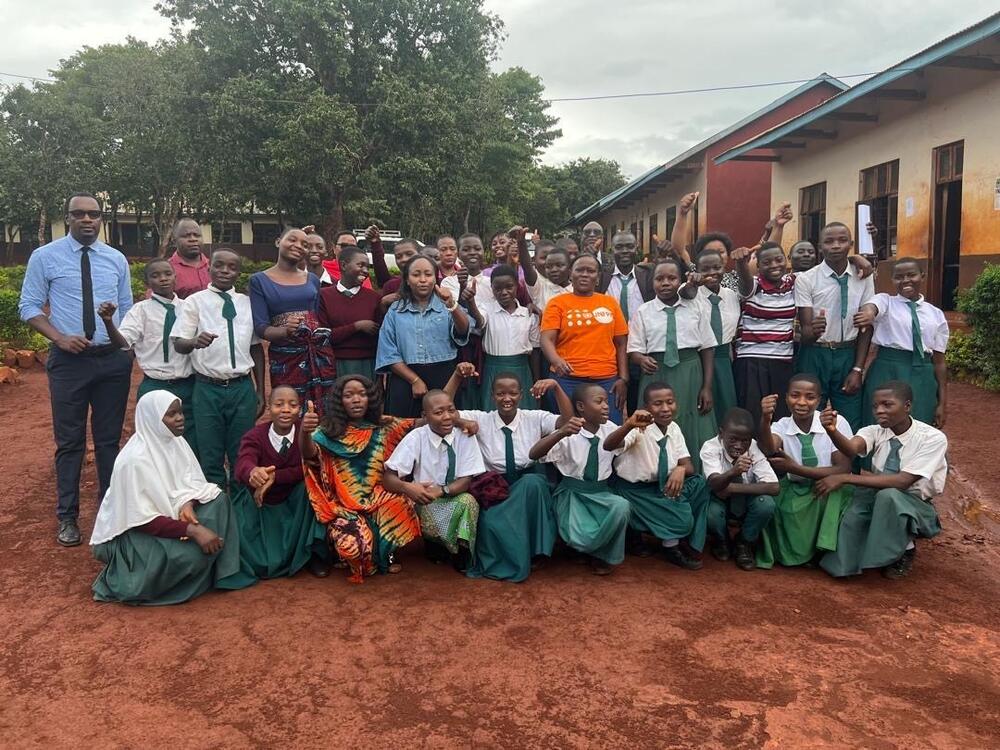
“These achievements reflect the power of long-term, rights-based cooperation,” added Her Excellency Charlotta Ozaki Macias, Ambassador of Sweden to Tanzania. “We are proud to see that our support is making a tangible difference in people’s lives—especially among young people and vulnerable groups. It is clear that when communities are empowered and partners work together, lasting change is not only possible—it is happening.”
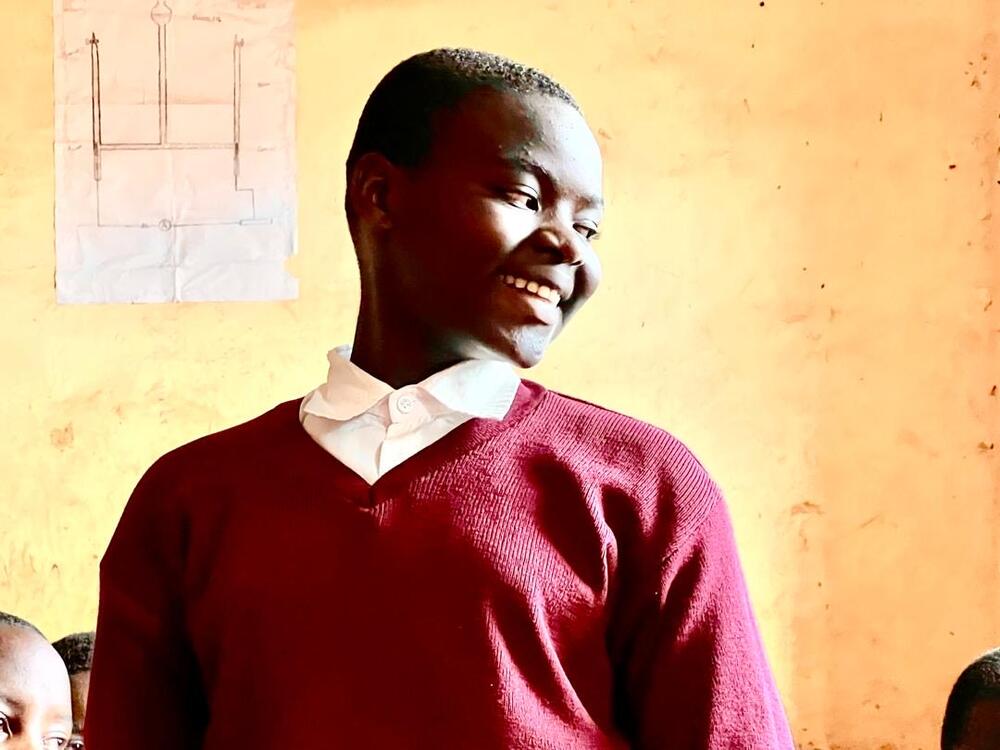
Through collaboration with local authorities, civil society organizations, and youth-led platforms such as C-SEMA and KIWOHEDE, the programme empowers young people from vulnerable populations—including youth living with HIV, persons with disabilities, young key populations, and first-time young mothers—to become agents of change. It has also worked to ensure that health facilities and community outreach programs are inclusive and accessible, offering adolescent- and youth-friendly services that meet the needs of all, regardless of ability or circumstance.
The Elimika digital platform has expanded access to SRHR and GBV information, especially for adolescents in rural areas and out-of-school youth. For first-time young mothers, the programme provides tailored education, counselling, and referral services, ensuring they are not left behind in efforts to reduce maternal mortality and promote family planning. Peer educators like Judith play a critical role in breaking taboos, building trust, and reaching those who are often excluded from mainstream health systems.
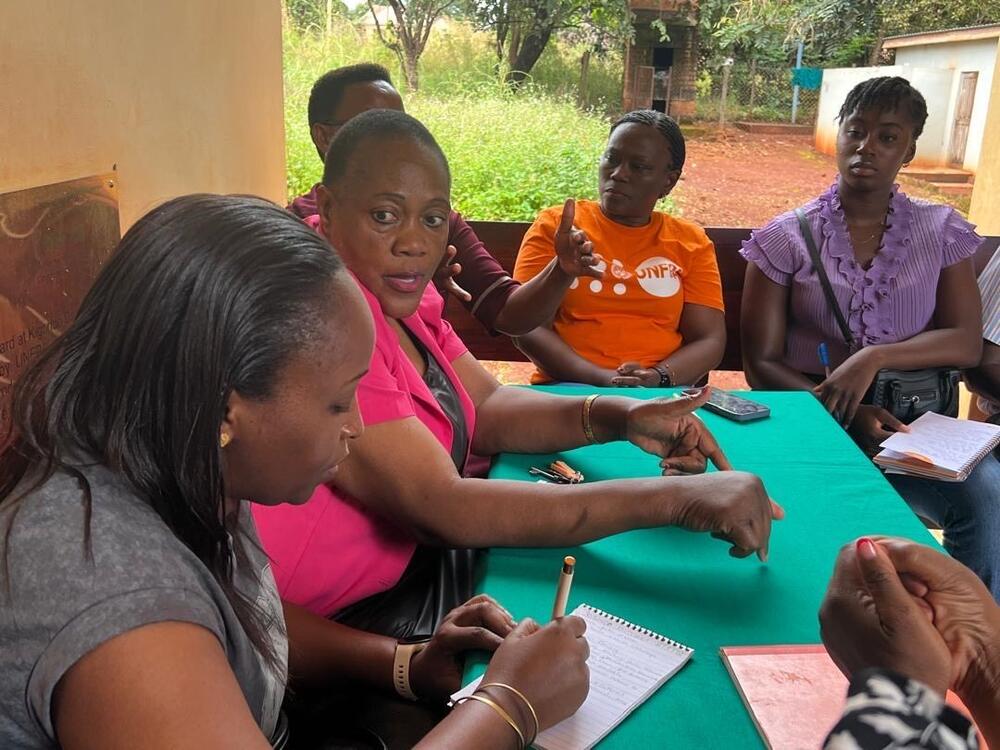
“Sweden is proud to support these initiatives,” said Virginia Mongi, Programme Manager for SRHR and Accountability at the Embassy of Sweden in Tanzania. “What we are seeing in Kigoma are real results—young people empowered with knowledge, access to care, and a stronger voice in their communities.”
Healthcare providers across Kigoma have received specialized training to deliver non-judgmental, rights-based care, making clinics safer and more responsive for youth and persons with disabilities. The field mission also served as a valuable opportunity for monitoring and learning under the UN Delivering as One framework, allowing partners to assess implementation, identify bottlenecks, and capture stories that inform future programming.
Back in the village square, Judith's session drew more young faces—some shy, some curious, but all engaged. What’s happening in Kigoma is more than service delivery; it’s empowerment in action. And thanks to sustained support from Sweden and the dedication of community and national stakeholders, change is not only coming—it’s already here.
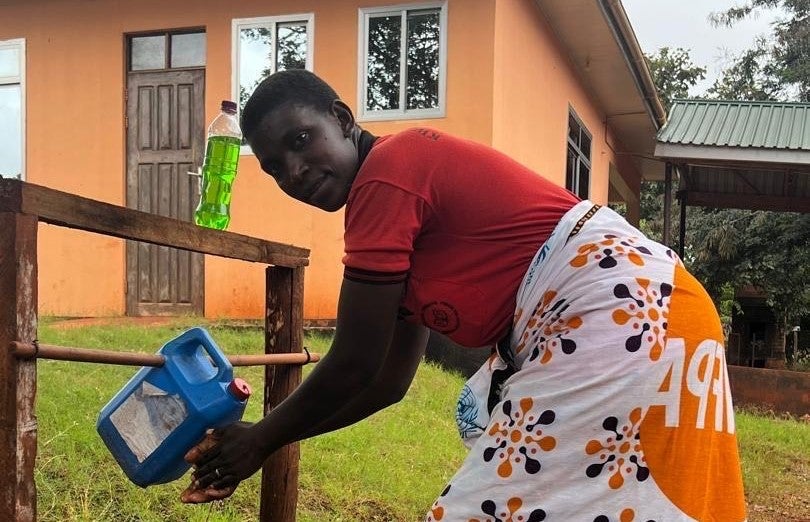
“When the health workers speak our language and listen without judging, it makes a big difference,” said Judith Mhila, a 22-year-old peer educator. “I feel safe, and I want others to feel the same.”
Tanzania Vision 2050 outlines a long-term agenda for an inclusive, equitable, and high-quality livelihood for all Tanzanians. The UNFPA Country Programme contributes directly to this vision by enhancing human capital, empowering young people, promoting gender equality, and ensuring universal access to quality health services—including sexual and reproductive health and rights (SRHR).
As the programme progresses, the collaboration between UNFPA, the Government of Tanzania, and development partners like Sweden is laying the foundation for a healthier, more inclusive, and empowered generation—advancing not only the national goals of today but also helping to realize the broader ambitions of Tanzania Vision 2050.
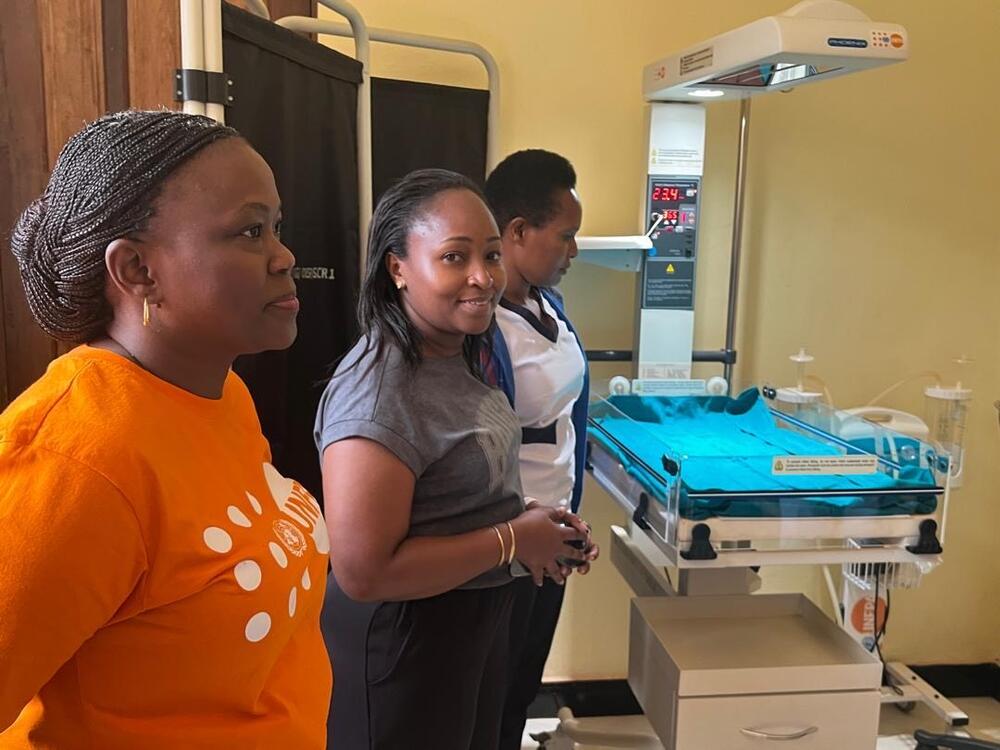
The programme is making meaningful strides toward inclusive development by strengthening national data systems to better reflect population dynamics and inform equitable policies, particularly for marginalized and underserved groups. It promotes the leadership, autonomy, and participation of adolescents and youth, equipping them with life skills and opportunities to build Tanzania’s human capital. Communities are being empowered through gender-transformative approaches, enabling women, girls, and vulnerable populations—including first-time young mothers and persons with disabilities—to exercise their reproductive rights in safe and supportive environments.
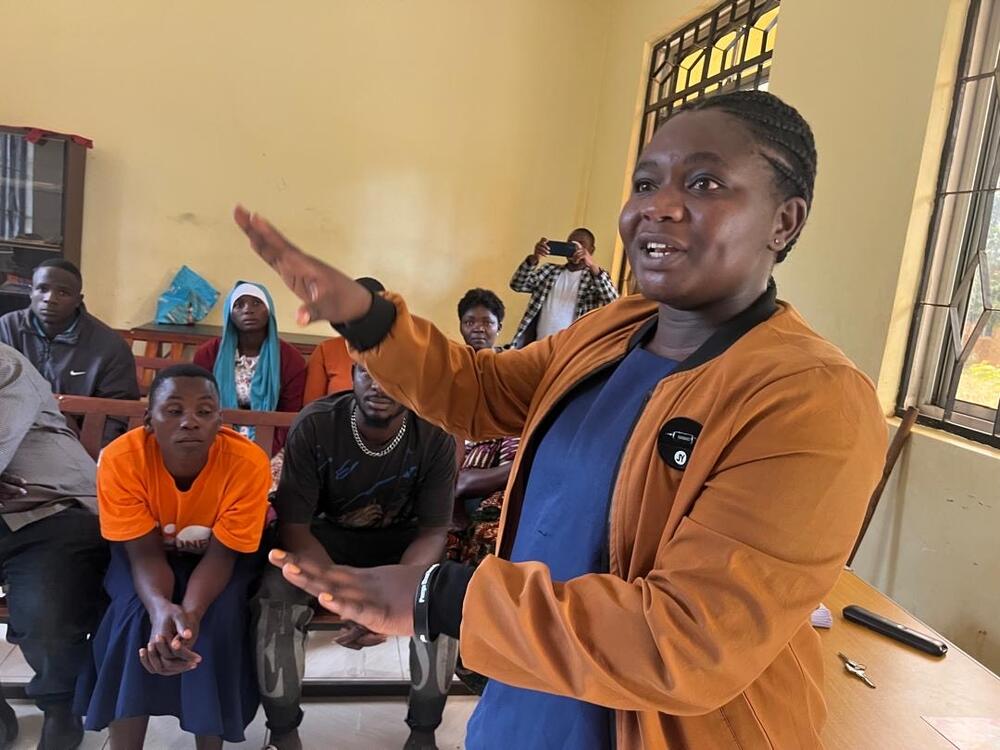
“Thanks to these referrals, girls who once suffered in silence are now getting help,” said Winfrida Thobias, a healthcare worker in Kasulu. “And boys are learning that violence is never a solution.”
At the same time, the capacity of health systems, institutions, and providers is being enhanced to deliver people-centered, high-quality sexual and reproductive health services, including in humanitarian settings. Underpinning all these efforts is the development and harmonization of laws, policies, and accountability frameworks that protect reproductive health and rights and bolster national responses to gender-based violence.
Read more about UNFPA Tanzania Country Programme supported by the Embassy of Sweden in Tanzania: https://tanzania.unfpa.org/en/unfpa-tanzania
Media Inquiries:
Dr. Warren Bright
UNFPA Communications Analyst,
United Republic of Tanzania
Phone: +255 764 43 44 45
Email: bwarren@unfpa.org

